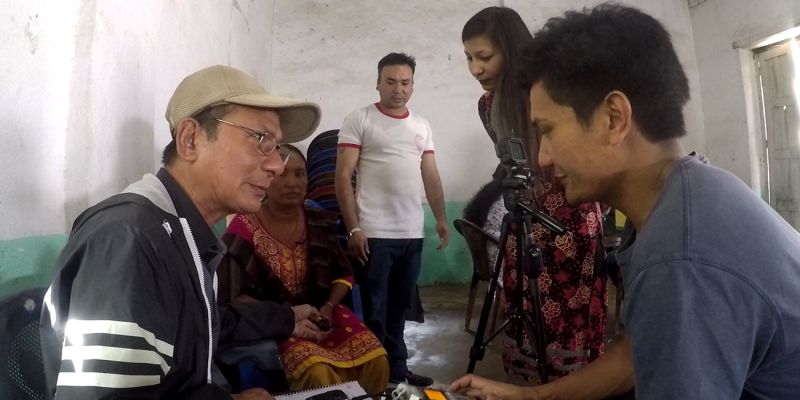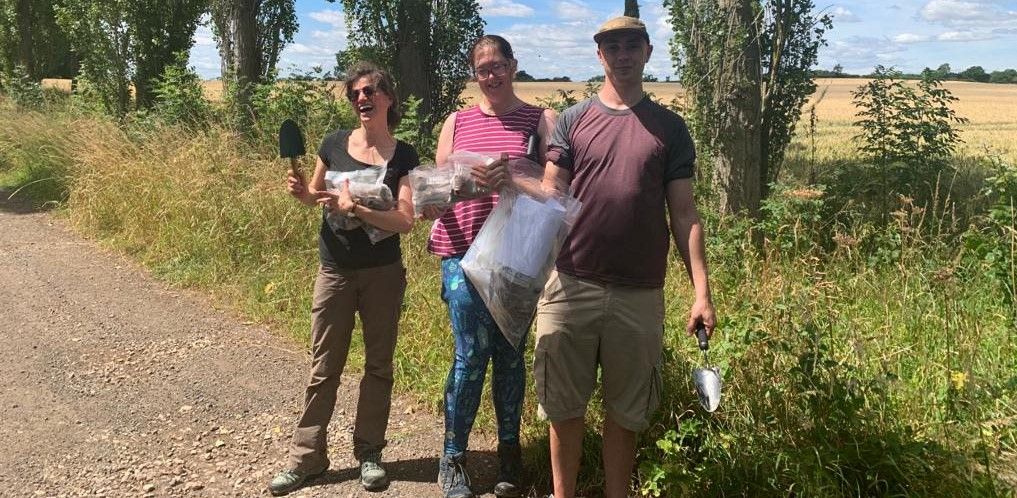Antimicrobial resistance
Antimicrobial Resistance (AMR)
The University of Leeds is committed to addressing the growing global challenge of antimicrobial resistance (AMR).
Our AMR research involves researchers from across our faculties in a wide range of disciplines. We work to coordinate, foster and promote these research efforts, with the aim of achieving the greatest impact.
What is AMR?
Antimicrobial agents, such as antibiotics, are our primary means of treating infectious diseases in humans and animals. Unfortunately, these drugs are rapidly becoming less effective, as microbes evolve to resist their effects, a phenomenon referred to as antimicrobial resistance or AMR.
In 2019, over 1.27million global deaths were attributed to AMR. If we don’t address this problem as a matter of urgency, over 300 million people worldwide are predicted to die prematurely by 2050.
Our research
-
Fighting drug resistant tuberculosis in Pakistan
We explore the work University of Leeds Professor John Walley and partners are doing to tackle multidrug-resistant TB in Pakistan.

-
World Changers: Vice-Chancellor's essay collection
Two members of the AMR@Leeds group have been selected for the Vice-Chancellor’s 2021 Early Career essay collection. Their essays share a focus on AMR from very different perspectives.

-
Research spotlight: changing behaviours around antibiotic use
Read our Medium article highlighting three very different projects in healthcare settings in China, Pakistan and in communities in Nepal.

-
New data reveals the true cost of antimicrobial resistance
New data published by The Lancet Medical Journal shines a spotlight on the global burden of AMR and challenges world leaders to face the so-called ‘silent pandemic’ head on.

Events and activities
-
World Antimicrobial Resistance Week (WAAW)
WAAW runs from 18 to 24 November every year. This global campaign is celebrated to improve awareness and understanding of AMR under the slogan ‘Antimicrobials: Handle with Care'.

-
Collaborate on our Padlet
Connect with AMR at Leeds through our padlet board. Find out what areas people are working in and share your experience and expertise.








